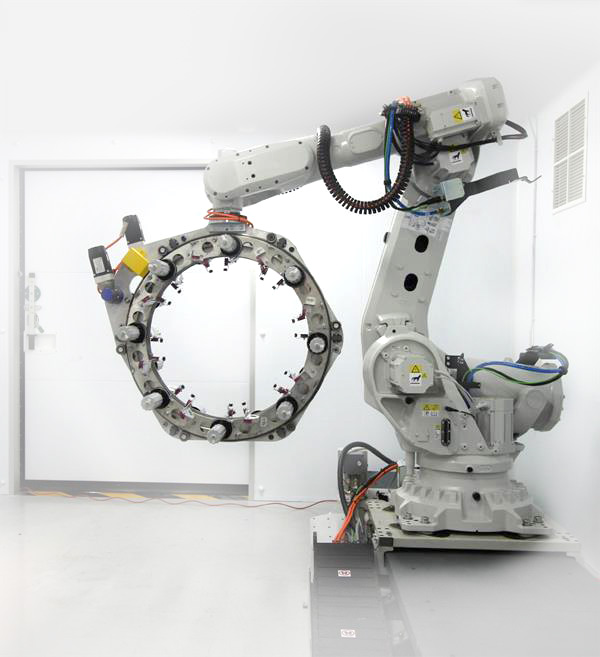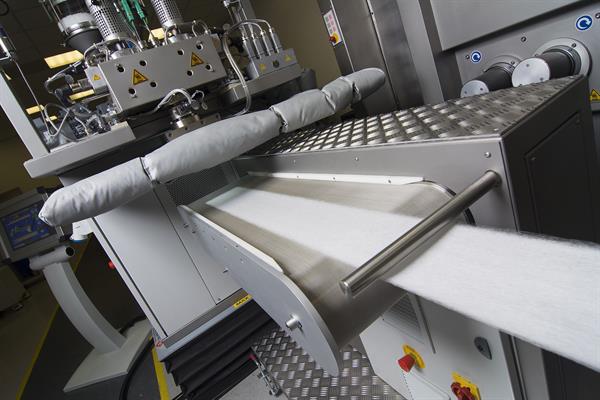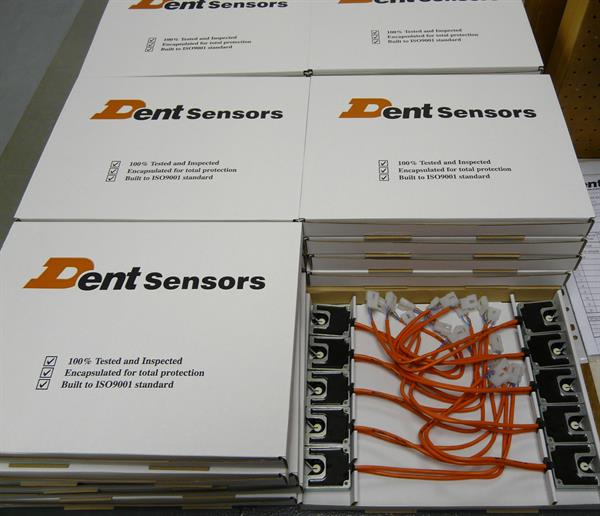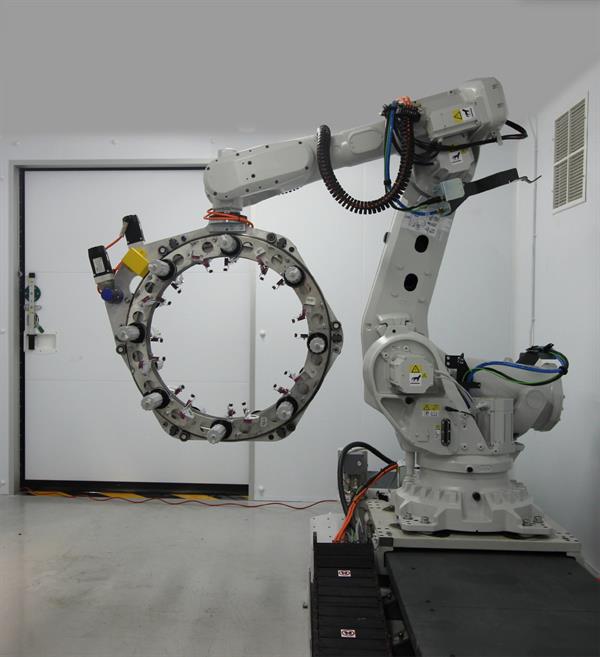Smart industry is the move forward

16 22
September 2027
Messegelaende HannoverGermany

The vast textile machinery heritage of the United Kingdom puts many of the 45 members of the British Textile Machinery Association (BTMA) at the forefront of their fields.
Virtually all of today’s textile manufacturing processes – from the carding, spinning, weaving, knitting, tufting and nonwoven bonding of fibres through to advanced colouration, finishing and printing techniques – can be traced back to initial British patents and research and development that have spread outwards across the globe.
An eagerness to break new ground continues to this day, with BTMA members actively involved in pioneering new technologies to assist developments in a number of growing fields, such as composites manufacturing, advanced medical materials, performance sportswear and intelligent textiles.
A good record in innovation and a reputation for high quality go hand in hand, says BTMA Director Alan Little. “At a time when everyone wants everything faster, cheaper and better, producers have to constantly raise their game when it comes to quality assurance and supply chain efficiency,” he adds.

Alan Little, BTMA Director
Customers have become accustomed to quality and they won’t compromise. As the pressure increases, standards are going up, not down. BTMA member companies are world class in areas such as testing, monitoring and process improvement, so they can make a strong argument for becoming strategic partners to companies in any part of the supply chain and there isn’t a product or process anywhere that can’t be improved even further.
Investment
The key to the success of Leeds-based Fibre Extrusion Technology (FET) in the supply of laboratory and pilot melt spinning systems, for example, is its in-house process development laboratory. This allows customers to carry out trials, proof of concept testing, collaborative research, sampling and prototyping and a major £1 million upgrade to it has just been completed.
As a leading supplier of high performance equipment to technical textile and nonwoven manufacturers, it is essential that the company’s in-house laboratory facilities keep pace with global technological progress in the textile and high performance industries,” says managing director Richard Slack. “This development reflects both the rate of change in the industry and the collaborative policy FET holds with its clients.
Established in 1998, FET has supplied its technology to manufacturers in over 30 countries.

Meltblown line at FET’s in-house process development laboratory
Automation
Automation and advanced machine control is a key field of specialisation for a number of other BTMA members, including Colne-based Dent Instrumentation, whose founder Geoffrey Dent patented the very first contactless yarn sensor back in 1971 and today partners with many of the leading textile machinery manufacturers, including Barmag, Murata, Savio, Schlafhorst and TMT. On average, the company ships out 15,000 of its sensor units each week and develops some 80 bespoke new designs annually.

On average, Dent ships out 15,000 of its sensor units each week to major textile machinery manufacturers
West Yorkshire-based Adaptive Control Solutions, which has automated many types of modern dyeing machine based on long, in-depth experience of textile factories, has now successfully extended this know-how to other areas.
In recent years, we have found that the flexibility of PC-based controllers has allowed us to help customers in other parts of a dyeing and finishing plant, such as stenter frames and dryers,” says Managing Director Richard Armitage. “Our non-proprietary approach means that all this equipment can be monitored from a simple web-browser on the company network, while sophisticated integration and automation is going on in the background.
The company also provides software packages and control panels for the automation of autoclaves and curing ovens used in the manufacturing of advanced composites, partnering with fellow BTMA member Roaches International which makes them
Robotics
Composites have also been the focus of another BTMA member, Cygnet Texkimp, which has recently developed a robot-mounted rotary winding machine capable of creating complex parts with a non-linear axis and with varying cross-sections.
The machine is designed to lay down multiple tows of up to 50,000 filaments at once and trials have shown it has the potential to wind a single-aisle aircraft spar in a few minutes. It can create a wide range of components from composite fuel pipes to structural beams and aircraft fuselages for the automotive and aerospace markets, the company reports.

Cygnet Texkimp’s 3D Winder, a robot-mounted rotary winding machine for creating complex composite parts
By mounting the winding mechanism onto a rotating axis, we can follow complex curves and wind multiple fibre ends around corners,” says Cygnet Texkimp Managing Director Luke Vardy. “We’ve effectively revolutionised what our customers can achieve with winding.
The technology has been developed as part of Cygnet Texkimp’s Knowledge Transfer Partnership (KTP) with specialists from the Northwest Composites Centre at the University of Manchester.
Such developments have led to the organisation exhibiting at dedicated composites shows in recent years, in addition to having a solid presence at the ITMA exhibitions in both Europe and Asia.
Strong exports
As a consequence of their long histories in international trade developments, currently around 80% of all of the sales achieved by BTMA member companies are exported, and as many are engaged in supporting the activities of the major European machine builders worldwide, around 57% of those exports are to other EU countries. At the same time, while China and India remain important overall, the USA is the UK’s biggest single market in monetary terms, helped to some extent in 2017 by the low value of the pound.
There is, of course, considerable uncertainty in the UK, following its vote to leave the European Union, namely Brexit.
While it will be an issue to all CEMATEX member organisations, the BTMA’s members will very likely be the most affected one way or another by the referendum. But is it currently having any noticeable impact on business, beyond general uncertainty about the future?
It’s too early to predict what will happen when Brexit actually comes into force,” says Alan Little. “The UK has only just begun trade deal discussions with the EU, so we can only wait and see.
Currently there is very little impact on business, particularly in relation to the European markets – in fact Europe still remains the UK’s most lucrative market.
Subscribe to our mailing list and stay up-to-date with news and developments in ITMA and the textile and garment industry.